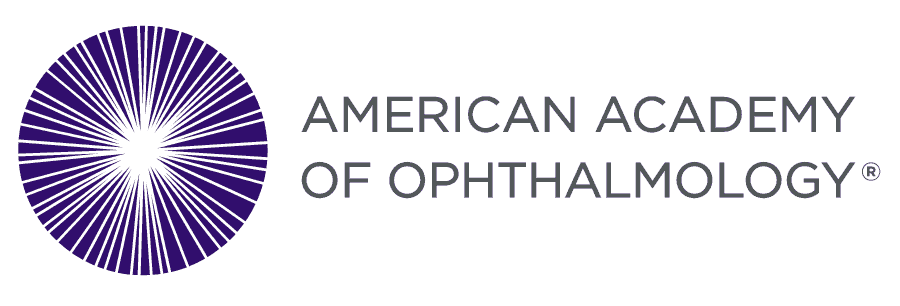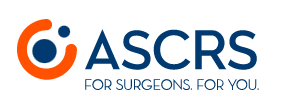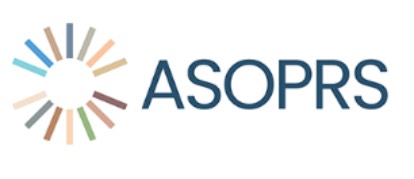A solar eclipse is an astronomical occurrence that captivates and fascinates individuals worldwide. While it is undeniably breathtaking, observing a solar eclipse without adequate protection can pose serious risks to your eyesight. The thrill of witnessing this extraordinary event should never outweigh the importance of protecting your eyes. Our team of expert ophthalmologists offers essential guidelines to ensure your safe enjoyment of this rare spectacle while safeguarding your eyesight for the future.

During a solar eclipse, the moon passes between the Earth and the sun, temporarily blocking the sun’s light. The danger of viewing a solar eclipse without protection lies in the invisible rays emitted by the sun. Directly gazing at the sun during an eclipse can lead to “solar retinopathy,” a condition where the retina suffers damage due to exposure to solar radiation. This damage can result in temporary or permanent vision loss, characterized by symptoms such as blurred vision, a dark spot in the center of your vision, or, in severe cases, complete blindness.
The most important tool for safely viewing the eclipse is a pair of ISO-certified solar viewing glasses. They should be rated and stamped ISO 12312-2. These specialized glasses are designed to protect your eyes from harmful solar radiation. Make sure they are intact, without scratches or any damage, and put them on before looking up at the sun. Regular sunglasses, no matter how dark, should not be used as eclipse viewing glasses.
For those who prefer a DIY approach, pinhole projectors offer a safe and indirect method for observing a solar eclipse. These simple devices project the image of the sun onto a surface, allowing you to witness the event without risking eye damage. Numerous online guides provide instructions on creating pinhole projectors using household items.
If you have access to a telescope, attaching a solar filter can make for an incredible viewing experience. Ensure the filter is specifically designed for solar observation and fits securely over the front of the telescope. Homemade filters or sunglasses should never be used as substitutes, as they do not provide adequate protection.
During the eclipse, it is crucial to wear your solar viewing glasses continuously while looking directly at the sun. Never remove them while the eclipse is ongoing. If you plan to use a camera, binoculars, or a telescope, make sure that these devices have appropriate solar filters attached.
The only time it is safe to view a solar eclipse without protective eyewear is during the brief phase of totality when the sun is entirely obscured by the moon. However, since the eclipse in Plantation, Florida, will only be partial, it is essential to keep your eclipse glasses on throughout the event while looking up at the sun.
A solar eclipse is a majestic and remarkable event that shouldn’t be missed, but it’s vital to safeguard your eye health. By following these guidelines from ophthalmology experts, you can enjoy the event safely and ensure that your vision remains protected. Remember, when it comes to your eyes, it’s always better to be safe than sorry. So, gear up with the right protection, and enjoy one of nature’s most incredible displays.
If you experience discomfort or vision problems after viewing the solar eclipse, it’s important to seek professional medical advice promptly. Timely diagnosis and treatment play a critical role in addressing any potential damage and preventing further complications. Call us at 954-741-5555, we’re here to provide you with expert care and support every step of the way. Your eye health is our priority. We’re committed to helping you see a brighter future.






